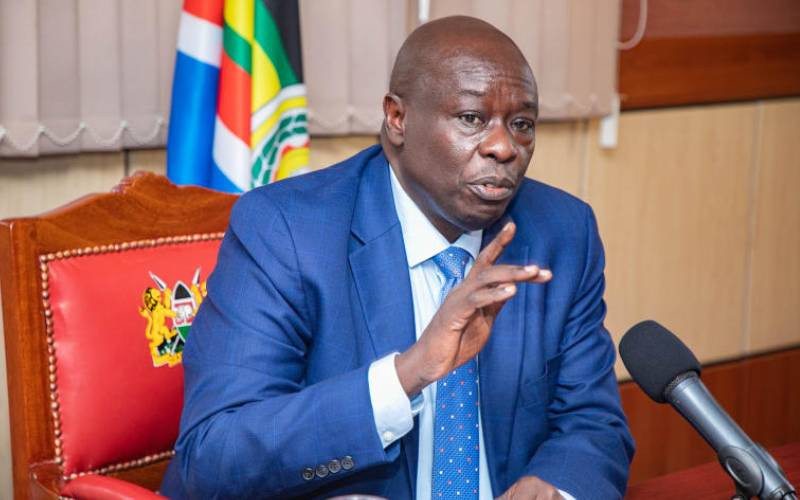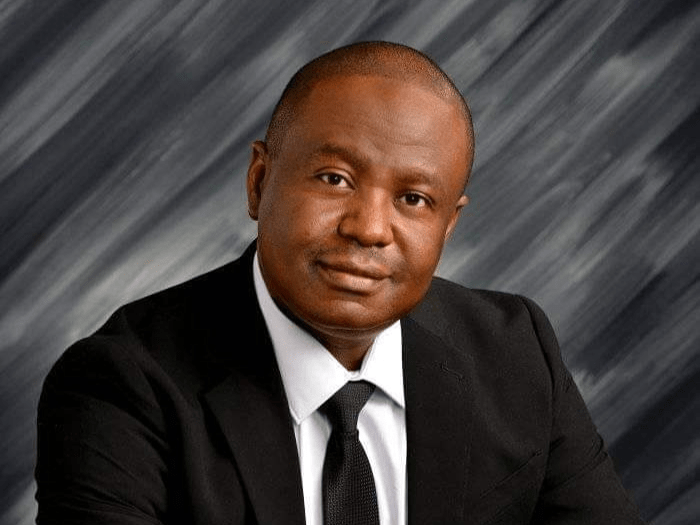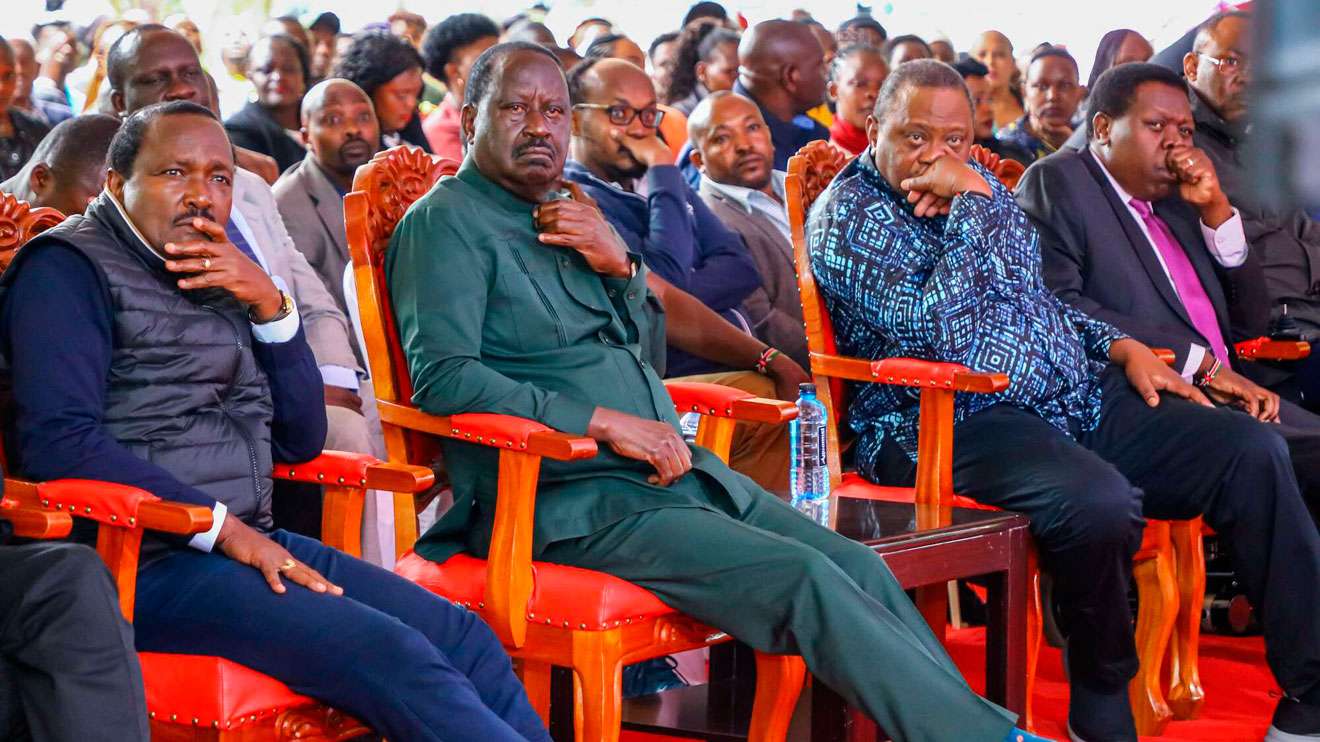Kenya’s Deputy President Rigathi Gachagua was impeached by the National Assembly yesterday evening following a motion introduced by Kibwezi West MP Mwengi Mutuse. An overwhelming 281 MPs voted in favour of his removal, while only 44 opposed the move. This marks a significant shift in Kenya’s political dynamics and casts doubt on the stability of President William Ruto’s administration. The grounds for the impeachment were allegations of gross misconduct and abuse of office.
This decision followed a nationwide public participation exercise in which roughly 65% of Kenyans supported Gachagua’s impeachment, according to a report presented by Suba North MP Millie Odhiambo. The report detailed the results of a public participation exercise conducted across 290 constituencies in Kenya last weekend.
Out of the 224,907 people who took part, 146,429 (65.11%) supported the impeachment, while 76,026 (33.8%) opposed it. In the diaspora, of the ten Kenyans who participated, four supported the impeachment, four were against it, and two provided alternative responses. Among the 1,881 participants who did not submit formal responses, 421 (23.38%) supported the motion, while 915 (48.64%) opposed it.
However, the report highlighted some discrepancies, such as in Keiyo South, where 43 people were reported to have participated, yet 70 votes were recorded in favour of impeachment, with only one vote against. Odhiambo pointed out that some areas experienced low turnout due to insecurity, such as in Bura. She also revealed instances of political interference and disruptions at public forums in places like Bomas of Kenya, and Murang’a, and violent incidents in areas like Ol Kalou, Kipipiri, and Nyeri Town, where officials had to prematurely declare results.
She noted that there were expectations of monetary compensation for participation in some areas, delays in submitting forms, and threats of violence toward officers. In addition, inappropriate language was used in some email submissions.
Odhiambo expressed her view that public participation may not be entirely necessary in quasi-judicial proceedings like this, despite court rulings to the contrary. The public participation exercise, held last Friday and Saturday, was initially scheduled for two days but was extended following a High Court directive.
This ruling came after a petition filed by Muge Law Advocates on behalf of Kirinyaga Woman Representative Jane Njeri Maina. During the process, Kenyans expressed their dissatisfaction with the government and called for both Gachagua and President William Ruto to be impeached.
In terms of constituency responses, Kipipiri recorded the highest opposition to the impeachment, with 98.76% against it. Other constituencies opposing the removal include Mathira (5,598 votes), Gilgil (1,002 votes, 97%), Kigumo (4,754 votes, 95%), and Kinangop (708 votes, 96%). Several constituencies supported the impeachment, such as Balambala (313 votes), Dadaab (305), Fafi (121), Kirinyaga Central (120), Kuresoi North (39), and Mandera South (102).
Counties with overwhelming support for the motion included Kibwezi West, home to the motion’s mover Mwengi Mutuse, where 501 Kenyans backed the impeachment. Other areas with strong support included Konoin (502 votes), Lamu East (542), Likoni (824), Bondo (317), Butere (370), and Mumias West (503).





